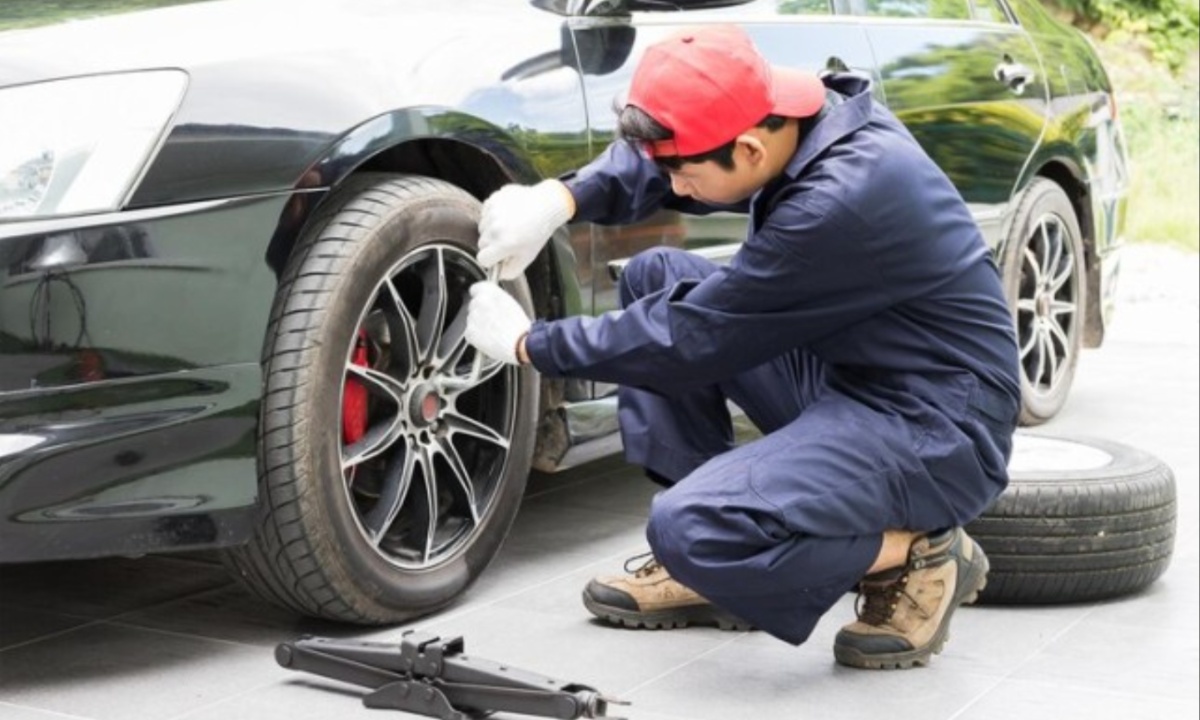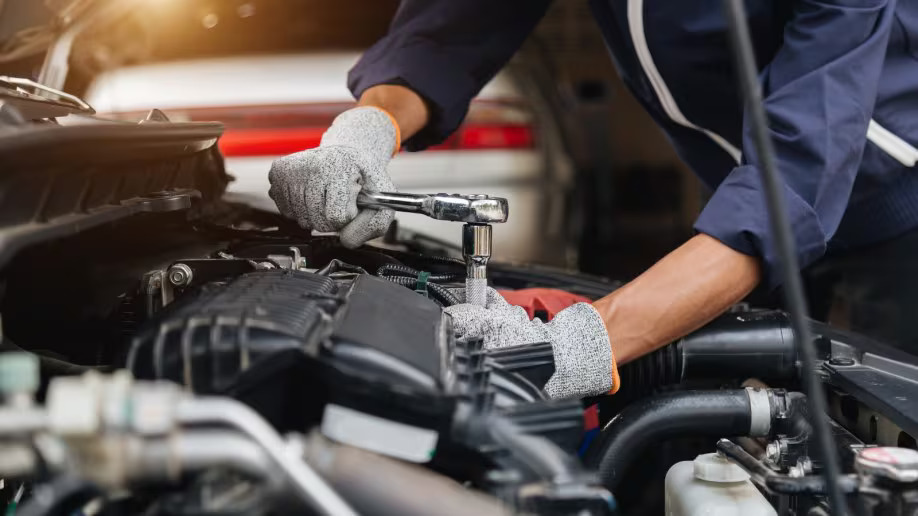Your car is more than just a tool for getting from point A to point B—it’s a valuable investment that requires consistent upkeep to preserve its value and performance. While car maintenance might seem overwhelming, especially if you’re not a mechanical expert, the truth is, you don’t need to be. Maintaining your vehicle can be straightforward and rewarding.
This guide highlights 10 essential car maintenance practices that every driver can master. These tips will help you avoid costly repairs, enhance your car’s lifespan, and keep your wallet happy. Let’s dive in and make you a confident car care enthusiast!
1. Oil Changes: Essential for Engine Health
Oil is the lifeblood of your car, keeping the engine’s parts lubricated and preventing overheating. Skipping oil changes can result in severe engine damage.
- Frequency: Modern vehicles often need an oil change every 5,000 to 7,500 miles—check your owner’s manual for specifics.
- DIY Check: Locate the dipstick, clean it, reinsert it, then check the oil level. Ensure it’s between the two marked lines.
Pro Tip: Keeping your oil fresh and at the right level is one of the easiest ways to maintain engine performance.
2. Tire Care: Safety and Savings
Your tires are your connection to the road, so proper maintenance is vital for safety and fuel efficiency.
- Monthly Check: Keep tire pressure at the recommended level.
- Rotation: Rotate your tires every 5,000 to 8,000 miles for even wear.
- Tread Depth Test: Use a penny to check; if Lincoln’s head is visible, it’s time for new tires.
Did You Know? Properly inflated tires can boost your gas mileage by up to 3%.

3. Brake Maintenance: Critical for Safety
Your brakes are your car’s most important safety system. Don’t ignore signs like squealing, grinding, or reduced responsiveness.
- Routine Checks: Monitor brake fluid levels, pads, and rotors.
- Replacement Timeline: Brake pads usually last around 50,000 miles but vary based on driving habits.
Remember: A high-pitched squeal typically signals worn-out brake pads that need replacing.
4. Battery Care: Avoid Unpleasant Surprises
A dead battery can disrupt your day. Keep it in good condition with simple maintenance.
- Clean Terminals: Remove corrosion for better performance.
- Annual Test: Have your battery tested regularly, especially before winter.
- Replacement Timeline: Most batteries last 3–5 years.
Pro Tip: Mark your calendar to track your battery’s age and avoid getting stranded.
5. Air Filter: Keep Your Engine Clean
A clean air filter prevents debris from entering the engine, improving performance and fuel efficiency.
- Replacement: Change your air filter every 15,000–30,000 miles or sooner in dusty conditions.
Did You Know? Replacing a clogged air filter can boost acceleration by up to 11%.
6. Fluids: The Lifeblood of Your Vehicle
Your car relies on various fluids to function properly. Regularly check and top off these key fluids:
- Engine oil
- Coolant
- Brake fluid
- Power steering fluid
- Transmission fluid
- Windshield washer fluid
Pro Tip: Use your owner’s manual to identify reservoirs and ensure proper levels.
7. Windshield Wipers: See Clearly in Any Weather
Clear visibility is essential for safe driving. Don’t overlook your wipers.
- Replacement: Install new blades every 6–12 months or when streaking begins.
- Maintenance Hack: Clean blades with rubbing alcohol to remove grime and extend their life.
8. Belts and Hoses: Prevent Breakdowns
Engine belts and hoses are critical to your car’s functionality. Regular inspections can save you from unexpected failures.
- Look For: Cracks, fraying, or soft spots.
- Replacement Schedule: Replace belts every 60,000–100,000 miles.
Pro Tip: Catching wear early can prevent costly repairs.
9. Lights: Stay Bright, Stay Safe
Proper lighting is crucial for night driving and signaling. Regularly inspect your lights:
- Headlights
- Brake lights
- Taillights
- Turn signals
Pro Tip: Restore foggy or yellowed headlights to maintain brightness and safety.
10. Professional Inspections: Expert Insights
Even with routine DIY maintenance, professional inspections are invaluable. Schedule a comprehensive check-up annually to identify hidden issues early.
Bonus Tip: Keep a detailed maintenance log. It helps with troubleshooting and adds value when selling your car.
By following these 10 essential maintenance tips, you’ll protect your car’s value, improve performance, and save money over time. Set reminders for regular upkeep, and address issues as soon as they arise. Treat your car with care, and it will reward you with reliability for years to come.

